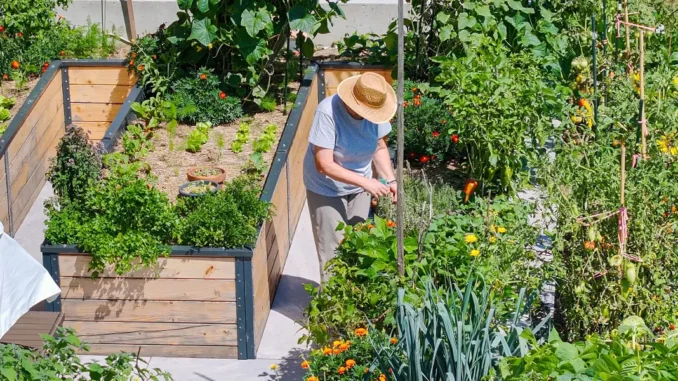
My name is Mara, and I grow vegetables so my family can eat—plain and simple. We’re not wealthy, just scraping by. Each tomato, carrot, and cucumber is born from sore knees, early mornings, and late-night prayers that squirrels don’t get them first.
If I could afford a fence, I would’ve built one. Fences and groceries both cost money. Farm-to-table living is far from romantic when your family’s meals depend entirely on your labor.
It started with Julian’s “Sharing Shelf”—a pantry full of spare goods at the end of his driveway. Soon, neighbors treated my garden like part of it. First, a few cucumbers disappeared—no big deal, I thought it wildlife. Then I saw a toddler stomp through my kale on his mother’s instruction. She looked at me and waved.
I put up signs—“Private Property! DO NOT TOUCH!”—and added a flimsy fence, but people ignored them. I even tarped off the view, but someone simply moved it aside.
A man once admitted to pinching cherry tomatoes for his anniversary dinner. Teenagers lounged in the dusk among my lettuce, tossing soda cans. Julian defended his idea, suggesting I could “afford to share.” But I’m feeding my family first—respect matters more than free veggies.
When zucchini vanished, I rigged my irrigation’s motion sensors to blast trespassers with water. Word spread—people stopped coming.
Julian accused me of harassment. I replied: “I’m defending my home.” My garden began to heal. My kids asked for salad again. And then a girl showed up, confessed her brother had stolen veggies, and offered cookies. She didn’t cross the fence. She understood.
I planted my garden for my family. But more than that, I planted it to teach respect: ask before taking. Now my garden is mine—and respected. Next up: a greenhouse.